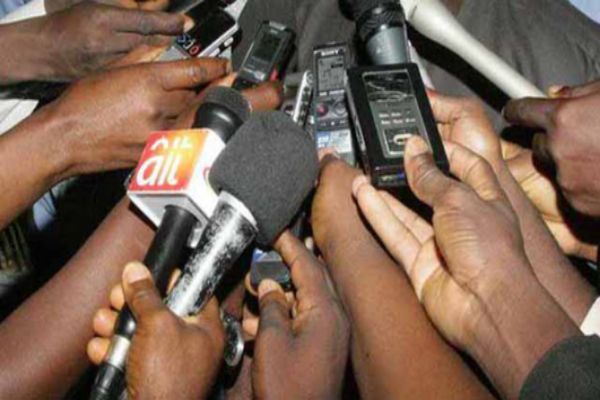Health experts say self-care is a smart, low-cost way to improve Nigeria’s healthcare system. They believe it can help take pressure off busy hospitals and clinics, while also making healthcare easier to reach for everyone.
They shared these ideas during an online workshop for journalists, organized by the White Ribbon Alliance Nigeria, the Federal Ministry of Health and Social Welfare, and the Self-Care Trailblazer Group. The event focused on how the media can help promote self-care in sexual, reproductive, and maternal health.
The World Health Organization (WHO) says self-care means people, families, and communities taking care of their own health, preventing sickness, and managing illness—on their own or with help from health workers. Self-care tools can include medicines, test kits, and mobile health apps.
WHO supports self-care for all countries, no matter how rich or poor, because it helps more people get healthcare, protects public health, and supports vulnerable groups.
Dr. Samuel Oyeniyi, from the Federal Ministry of Health and Social Welfare, said self-care is meant to support regular healthcare, not replace it.
He added that self-care should not be used to shift healthcare costs from the government to individuals. It must be safe, effective, and available to people who can’t easily reach hospitals or clinics.
Dr. Oyeniyi also explained that the government wants people to access self-care tools and services through hospitals, pharmacies, health centers, community health workers, mobile technology, and even through family and friends.
He said self-care is especially helpful for mothers and babies, because it provides useful health tips for pregnancy, childbirth, and newborn care.
Dr. Nana Chidi-Emmanuel, Chair of White Ribbon Alliance Nigeria, welcomed participants and stressed the media’s important role in spreading awareness about self-care.
She said with all the problems in Nigeria’s healthcare system, it’s very important to teach people about self-care.
She praised the media’s involvement and said their stories can help change how Nigerians think about taking care of their own health, especially in sexual, reproductive, and maternal areas.
Dr. Chidi-Emmanuel added that self-care gives people the power to understand and manage their own health. In a country like Nigeria, where many people struggle to access healthcare, self-care offers practical and affordable solutions.
Dr. Femi James from WHO Nigeria said self-care includes knowing your own health, testing yourself, and managing your own treatment.
He explained that self-awareness means learning about your health and having the confidence to take action. Self-testing includes using test kits at home, and self-management means doing things like checking your blood sugar levels yourself.
George Kapiyo, from the Self-Care Trailblazer Group, said self-care helps close the gap in healthcare access, especially in poor areas.
He explained that self-care supports fairness in health services and gives people more control over their health. It also helps reduce the strain on hospitals and staff and improves health knowledge in the community.
Kapiyo added that self-care can save money for both governments and patients. It also saves time, reduces the need for travel, and makes healthcare more efficient.
He talked about self-care in sexual and reproductive health, which includes things like taking your own birth control, testing yourself for infections, or managing your menstrual health.
He explained that since issues around sex and reproduction are often private and sensitive, making self-care affordable and easy to get helps people make informed, confident decisions.
He said self-care in this area follows WHO guidelines and gives people—especially those in hard-to-reach places—more dignity and control over their health.
He also stressed that self-care should be a regular part of the health system, not just a backup plan. It should meet high standards and be fully supported by healthcare policies.
He said making self-care part of the national health plan helps countries move toward better healthcare for everyone.
Samsu Gombwer from Ipas encouraged the media to help inform the public about how to manage their own care, especially after abortion.
He said unsafe abortions still cause many deaths in Nigeria. Women deserve safe and respectful care after any kind of abortion or miscarriage.


